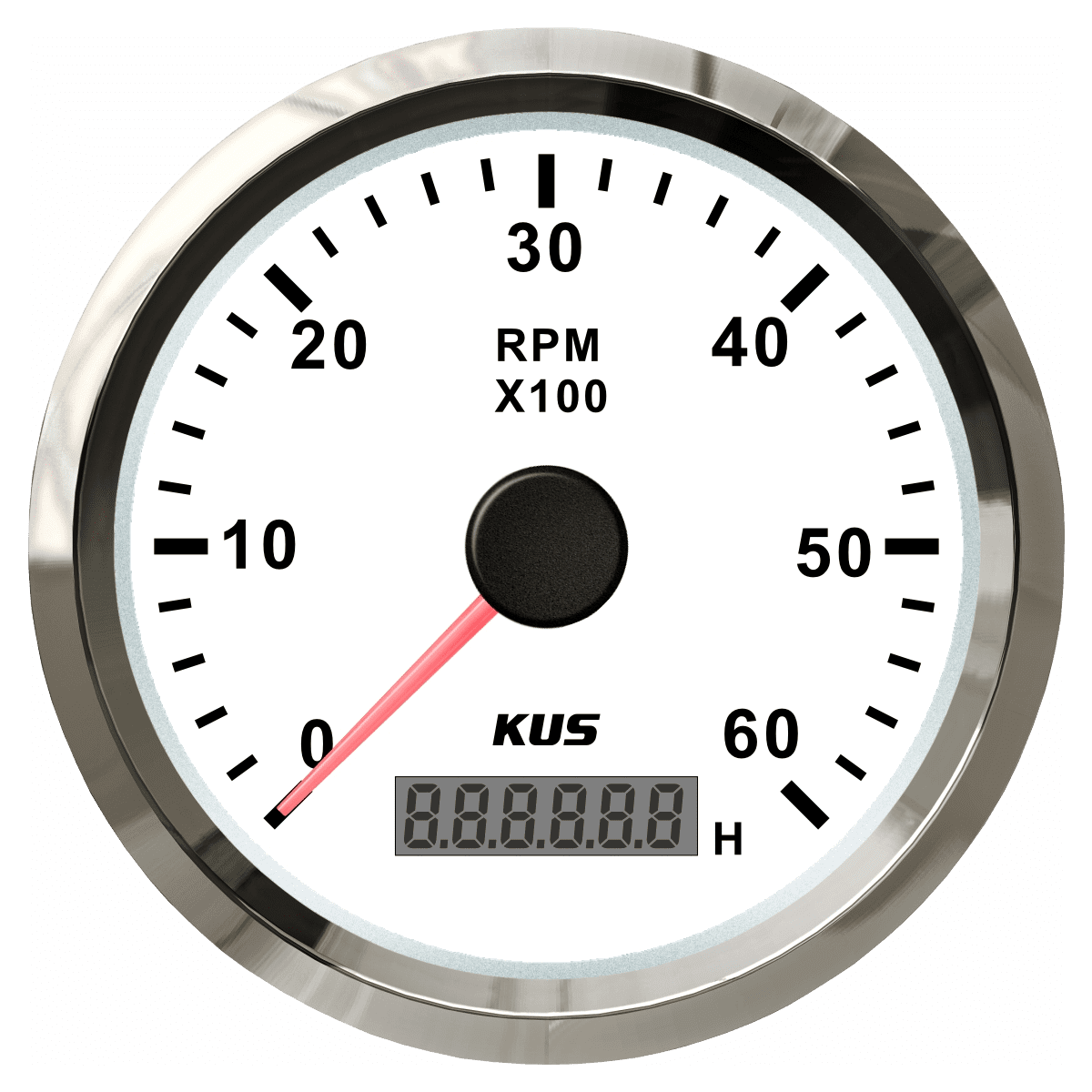Expert Tips for Maintaining and Calibrating Your Tachometer
Expert Tips for Maintaining and Calibrating Your Tachometer
Blog Article
Opening the Secrets of Tachometers: Everything You Need to Learn About This Vital Instrument in Your Vehicle
Recognizing the details of tachometers can give beneficial understandings into your car's performance and maintenance needs. From gauging engine rate to understanding the data it presents, tachometers work as a critical device for automobile owners and enthusiasts alike. By untangling the mysteries behind this essential tool, you can unlock a wealth of details that can improve your driving experience and guarantee the longevity of your lorry.
Significance of Tachometers
The significance of tachometers hinges on their capability to provide important real-time data concerning an engine's rotational speed, permitting specific tracking and upkeep of machinery. By gauging the transformations per min (RPM) of an engine's crankshaft, tachometers use valuable understandings right into the engine's performance - tachometer. This information is vital for ensuring that the engine runs within its optimal array, avoiding possible damage from over-revving or underperforming
Tachometers play a crucial role in assisting drivers and technicians find any abnormalities in the engine's speed, which might show issues such as gas inefficiency, mechanical issues, or too much strain on the engine. By immediately identifying these concerns with tachometer analyses, upkeep can be carried out proactively, protecting against costly repair services and downtime in the future.
Furthermore, tachometers are especially critical in high-performance vehicles and machinery, where specific control over engine rate is needed for optimal procedure. Racing cars and trucks, airplane, and industrial equipment depend on tachometers to supply peak efficiency while keeping security requirements. In significance, tachometers are not simply tools for measuring speed but important devices for making certain the smooth and reliable operation of engines across various applications.
How Tachometers Procedure Engine Speed
Using sensing units that identify the regularity of electric pulses created by the engine's ignition system, tachometers precisely measure the rotational speed of an engine. By monitoring the price at which these pulses are gotten, tachometers provide real-time responses on exactly how fast the engine's crankshaft is revolving per minute, typically described as revolutions per minute (RPM)
The tachometer's sensor, frequently connected to the engine's ignition coil or trigger plug cables, grabs the electric signals produced each time a cyndrical tube fires. These signals are then exchanged RPM analyses showed on the scale or instrument cluster within the driver's sight. Tachometers can be analog or digital, with modern-day cars generally featuring electronic screens for specific and instant RPM analyses.
This info is critical for motorists linked here to comprehend the engine's performance, stop over-revving, optimize equipment changing, and guarantee reliable gas usage. By properly measuring engine speed, tachometers play an essential role in assisting motorists run their cars securely and efficiently.
Translating Tachometer Analyses
Having a clear understanding of how tachometers determine engine rate establishes the foundation for efficiently analyzing the RPM analyses displayed. Interpreting tachometer readings is critical for optimal automobile efficiency and engine health. RPM (Transformations Per Min) analyses on the tachometer indicate the speed at which the engine's crankshaft is turning. When the engine is idling, the tachometer needle normally relaxes around 600-1000 RPM, depending on the vehicle. As you increase, the RPM will increase, reflecting the engine's higher rotational speed. When shifting equipments in a manual transmission car, the RPM will certainly go down as you involve the clutch and change gears, then increase once again as you speed up in the brand-new gear. Checking the tachometer can aid you determine one of the most efficient changing indicate look these up optimize fuel economic climate and engine power. Furthermore, unusual changes or regularly high RPM readings could indicate possible concerns with the engine that might need expert attention. By taking notice of the tachometer analyses and comprehending exactly how to translate them, you can ensure your vehicle runs efficiently and effectively.


Tips for Making Use Of Tachometers Efficiently
To enhance driving performance and enhance engine efficiency, what secret strategies can be carried out for efficiently making use of tachometers? Tachometers are important tools that supply real-time feedback on engine rate, enabling motorists to make informed decisions for much better performance - tachometer. Right here are some tips for utilizing tachometers effectively:
Recognizing Optimal RPM Range: Acquaint on your own with the optimal RPM (Revolutions Per Minute) variety for your lorry. Keeping the engine within this range can enhance gas performance and prolong the engine's lifespan.
Changing Equipments at the Right Time: Use the tachometer to identify the finest time to move gears. Objective to move gears when the RPM reaches the ideal variety for the next gear.
Keeping Track Of Engine Stress And Anxiety: High RPMs for prolonged periods can strain the engine. Maintain an eye on the tachometer to stop over-revving, especially throughout velocity or when lugging hefty tons.
Tachometers and Automobile Maintenance
When thinking about car maintenance, tachometers play an essential role in checking engine efficiency and finding possible problems. Tachometers offer important data on engine rate, enabling motorists and mechanics to ensure that the engine is running within the suggested RPM variety. Frequently keeping track of the tachometer analyses can assist identify troubles such as engine misfires, worn-out spark plugs, or concerns with the gas delivery system. By taking notice of the tachometer, motorists can avoid excessive stress on the engine, which can result in pricey repair services down the line.
In enhancement to identifying prospective concerns, tachometers can likewise assist in optimizing gas efficiency. By keeping the engine rate within the optimal variety, vehicle drivers can improve their gas mileage and minimize gas intake. This not only benefits the vehicle driver's wallet however additionally adds to environmental preservation by decreasing hazardous discharges.
Conclusion

Report this page